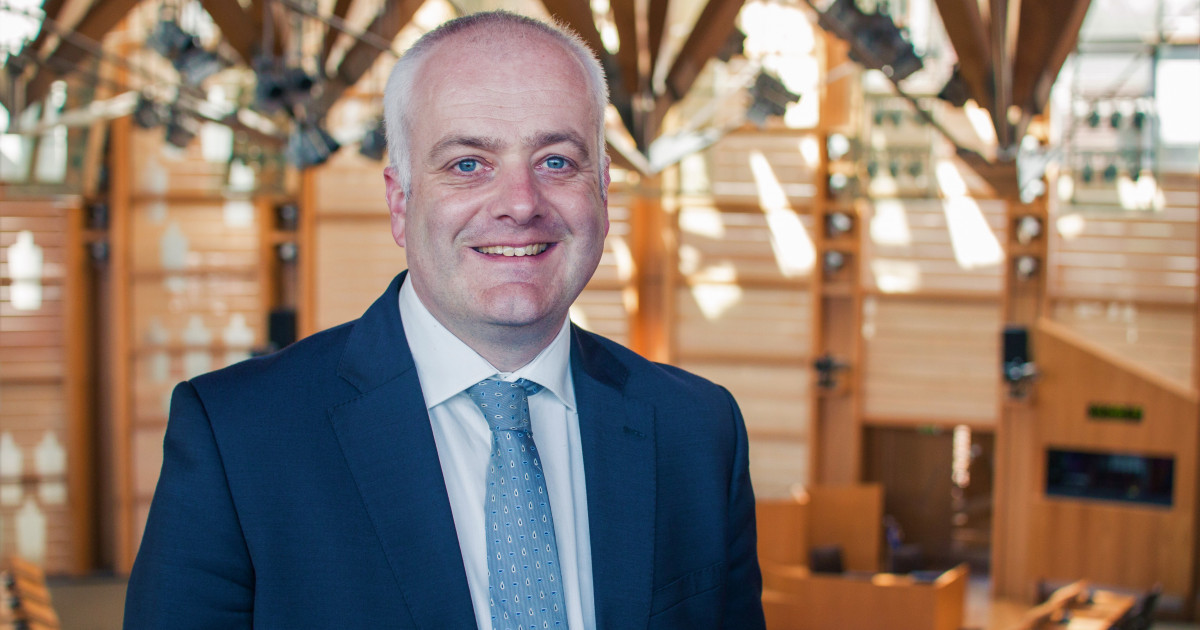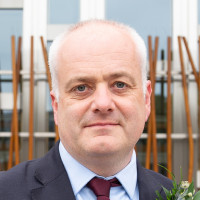The blight of wildlife crime is now starting to threaten Perthshire’s reputation as a tourism gem

This article first appeared in the Perthshire Advertiser.
Recent news of the disappearance of another eagle over Highland Perthshire was a huge blow to what has been a conservation and tourism success story.
The fate of a satellite tagged sea eagle named Blue X still remains unknown, but it joins dozens of protected eagles that have gone missing ‘in suspicious circumstances’ in and around driven grouse moor estates in Highland Perthshire and beyond.
I was privileged to see this bird last year as it fledged from its nest in North East Fife. Protected by volunteers who had spent thousands of hours monitoring the nest site, the re-introduction of these White Tailed Eagles is a fragile conservation triumph which a few selfish individuals wish to destroy.
Since their re-introduction in Fife they have travelled around Scotland and established a population in Mull, where locals estimate that the value to the tourism economy is over £5m every year.
The blight of wildlife crime is now starting to threaten Perthshire’s reputation as a tourism gem and communities must lift the wall of silence that exists around the illegal persecution of birds of prey.
The advent of reliable satellite tagging of birds means that it’s impossible for these crimes to be explained away and kept out of sight and out of mind in remote glens.
For driven grouse moor estates to win back any credibility they need to sign up to a licensing regime. The Scotish Government needs to take decisive action to protect our national environmental heritage rather than pander to vested interests.
On a more positive note, I was delighted to host in Parliament recently a celebration of 20 years of the Green Tourism Awards. The Perth based scheme has grown to accredit over 25,000 business in the UK and abroad and has driven some real innovation in the tourism sector.
Perthshire has a strong group of Green Tourism Award holders from the remarkable Comrie Crofts to the Crannog Centre and Stanley Mills, all offering unique opportunities to connect with our cultural history and environment. Here’s to the next 20 years when I hope wildlife tourism will become stronger than ever.
Finally, I’ve been taken aback in the last year at just how poor the decision process to approve vast areas of new housing in Scone has been. Councillors couldn’t even summon up the courage to push for a site visit ahead of making a decision.
At Holyrood we have just concluded a major air quality inquiry and one of the main recommendations was that planning decisions should not make breaches of air quality limits in hot spots even worse.
Clearly the council will have a lot of questions to answer around the Cross Tay Link Road proposal which is heading for a series of public exhibitions. Building housing in Scone ahead of a solution to the chronic and illegal levels of air pollution around Bridgend and Atholl Street will only exacerbate a problem which is contributing to the deaths of over 2,000 people every year in Scotland.
